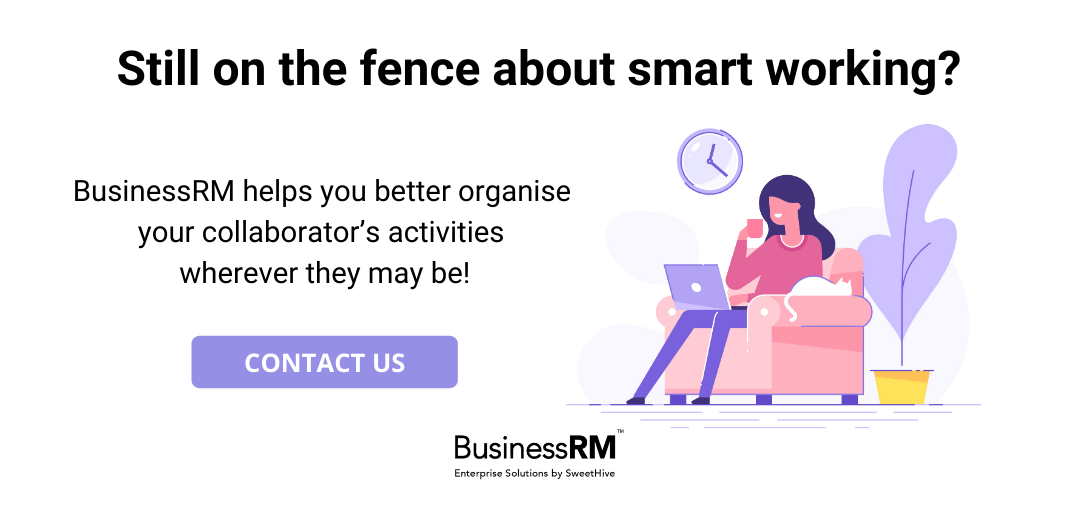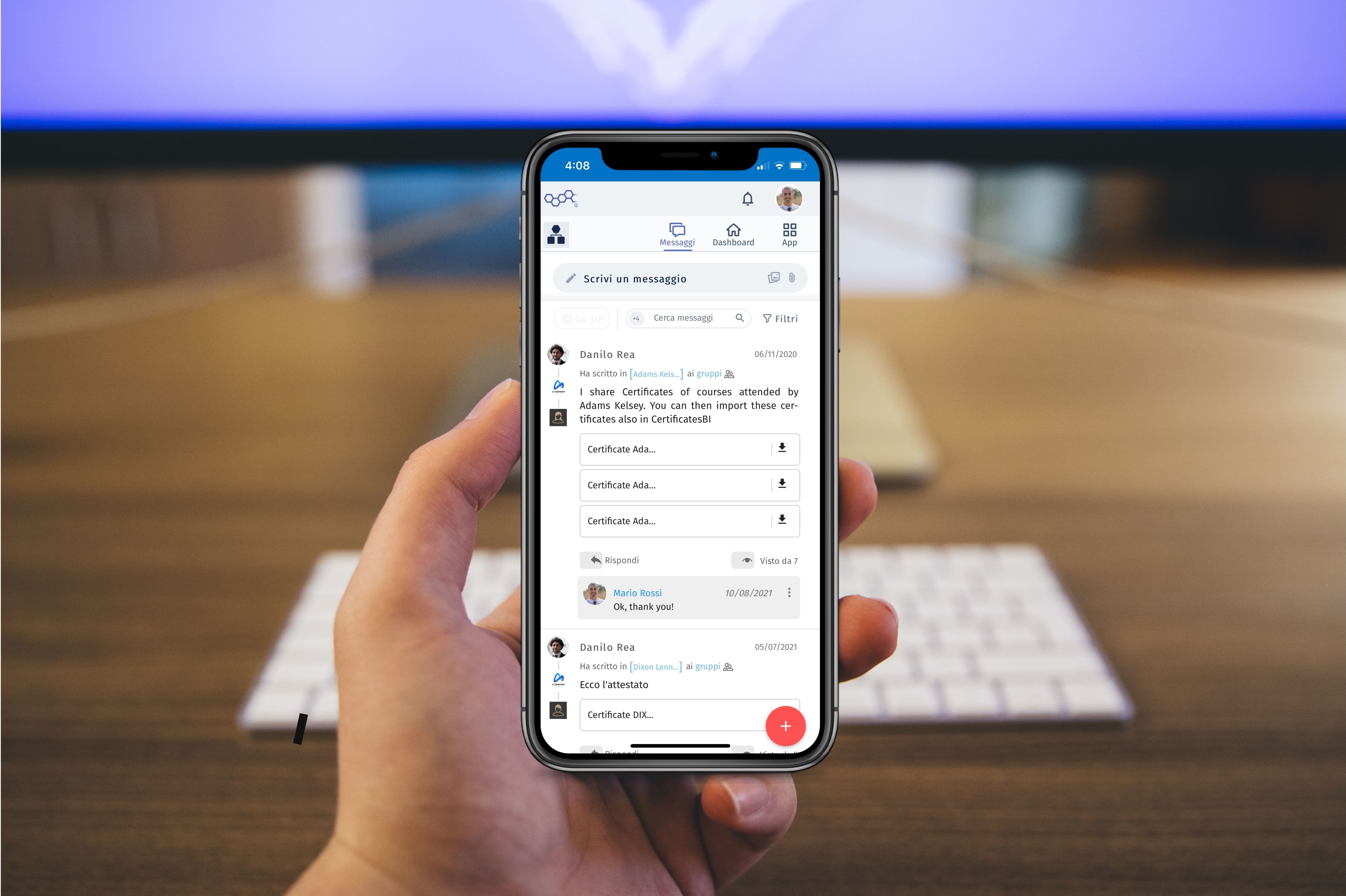
Smart working: just for some time or for life?
Many are the companies that have chosen to continue with smart working. Big corporations have opted for a structural smart working so as to consider it even for after the discovery of the hoped-for anti Covid vaccine. In this article we will look at the options for this way of working.
The giant Google has decided that smart working will continue until summer 2021. Also Leonardo and Eni have changed their course on the way of working. These organisations opted for a structural smart working, so as to considerate it for even after the hoped-for discovery of an anti-Covid vaccine.
Smart working at the time of coronavirus was maybe for us Italian a novelty and, in some ways, we could say the same for big companies, Italian and foreign.
The newspaper Il Corriere in a recent article titled “Big companies and smart working a way to study work” highlights:
What was a survival measure launched in a few hours under the pressure of the emergency not only will be confirmed in the phases following the pandemic - such as the upcoming Autumn – but will also become a new way of organising work in the 2020s.
Of course we are not questioning the fact that smart working has been considered essential for many activities, but it cannot be considered the only acceptable mode as a response to the pandemic. On the contrary, there are many jobs that require staff in attendance and many are also the factors that can affect the choice of not adopting measures of this nature. But in other cases, smart working seemed and still seems to work.
Google: another year of smart working
About the choices taken by Google, around 200 thousand of its employees and collaborators will be working from home for another year. “The Internet giant preferred to specify a long timeline to allow the employees to have an easier management of children’s school engagements or real estates choices.”, as reported by Hwupgrade. Of course, here too we are not questioning that there are a lot of advantages and as many disadvantages in relation to proceeding with this mode, but it comes naturally to ask: is there a possibility that Google has been farsighted? What if this became the new way of work in the long term? For example, for the rest of the life of the company?
Smart working for longer periods: yes or no?
We answer: Yes. Even though we think it’s useful to keep in mind the result of the CensusWide study commissioned by Citrix, on a sample of 3700 managers of IT companies from 7 different countries. In this article from La Repubblica we read: “To continue with remote work for longer period and maybe forever, further structures and new solutions are necessary.”
Well, it becomes impossible for us to think that agile work can be efficient if we do not at the same time make a step towards a better IT infrastructure. In this regard, in the same article we can see the will to move towards a Cloud model and to introduce “new digital platforms that allow the employees to work from home”.
That’s right. Agile work needs digital platforms to survive.
For those who might not know, a digital platform is a digital infrastructure able to connect different systems with one another and display them to the users through simplified and integrated interfaces, generally a mobile app or a website. And we, looking forward, chose SweetHive. SweetHive is the innovative collaborative platform that makes the workplace unique to meet the needs of primary schools, museums, companies (such as BusinessRM) and training schools. Why? Come and find out with us.


